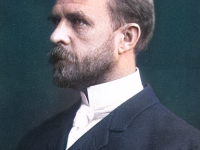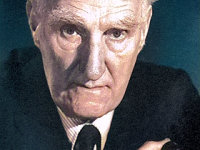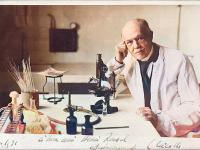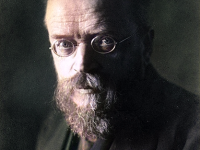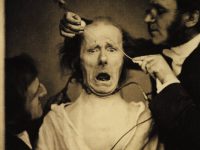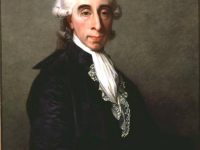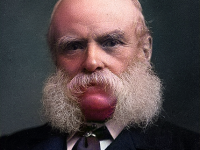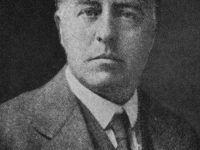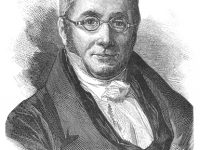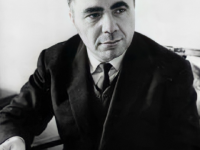Thomas Hunt Morgan and the Chromosome Theory of Heredity
On September 25, 1866, American evolutionary biologist, geneticist, embryologist, and science author Thomas Hunt Morgan was born. He is famous for his experimental research with the fruit fly by which he established the chromosome theory of heredity. Thomas Hunt Morgan was awarded the Nobel Prize in Physiology or Medicine in 1933 for discoveries elucidating the role that the chromosome plays in heredity. “Except for the rare cases of plastid inheritance, the inheritance of all known cooacters can…
Read more

